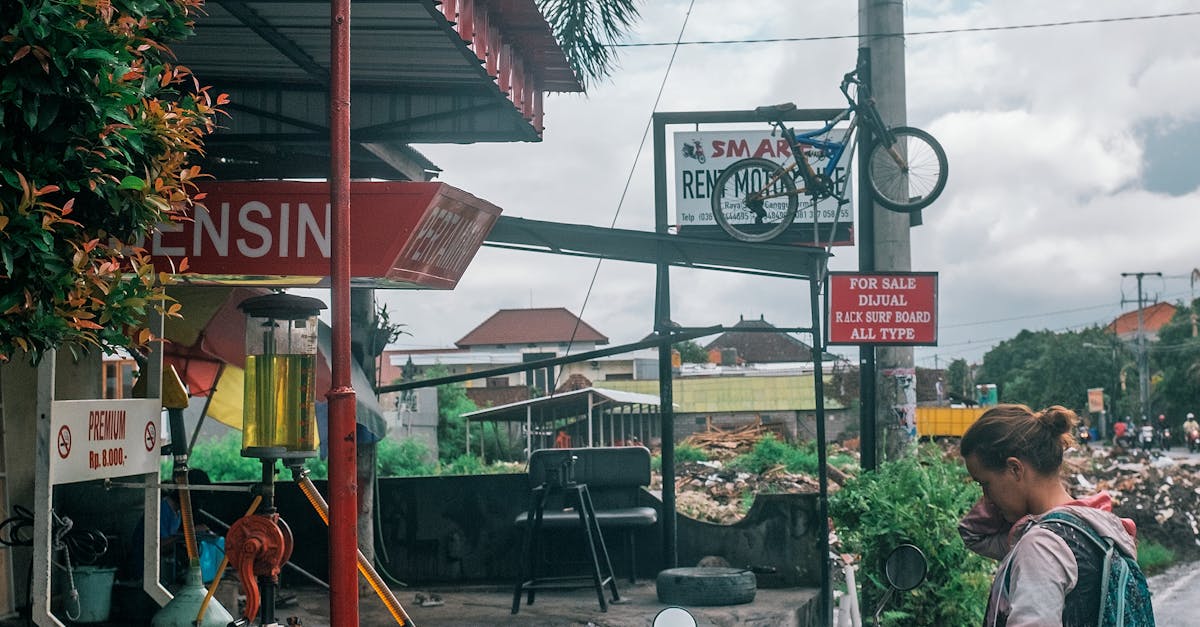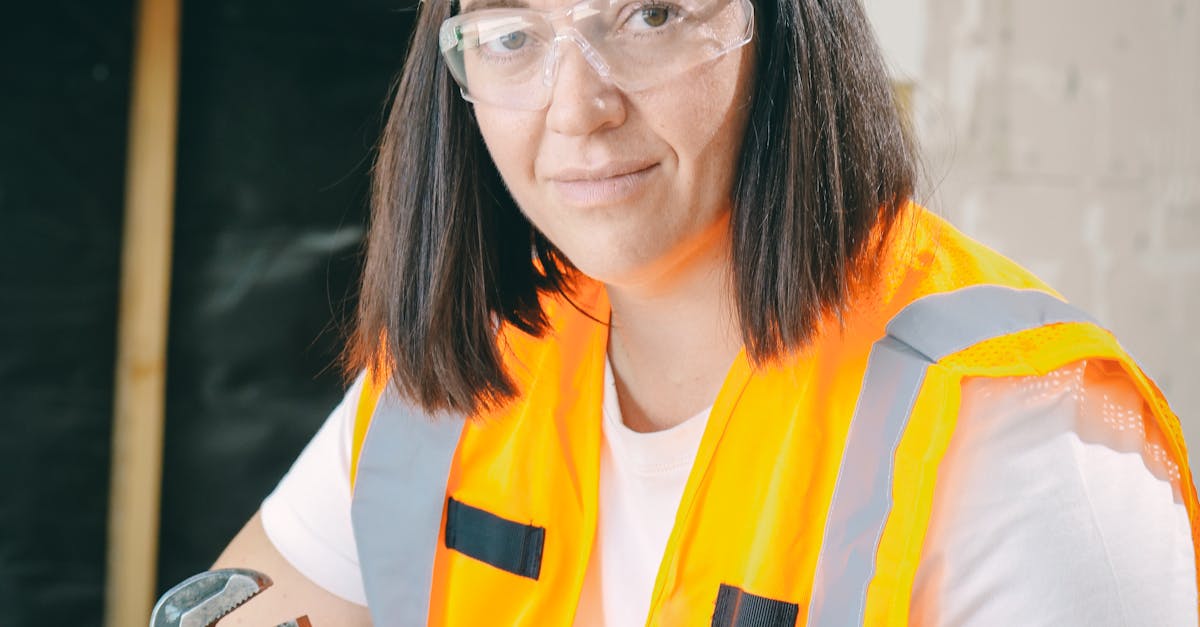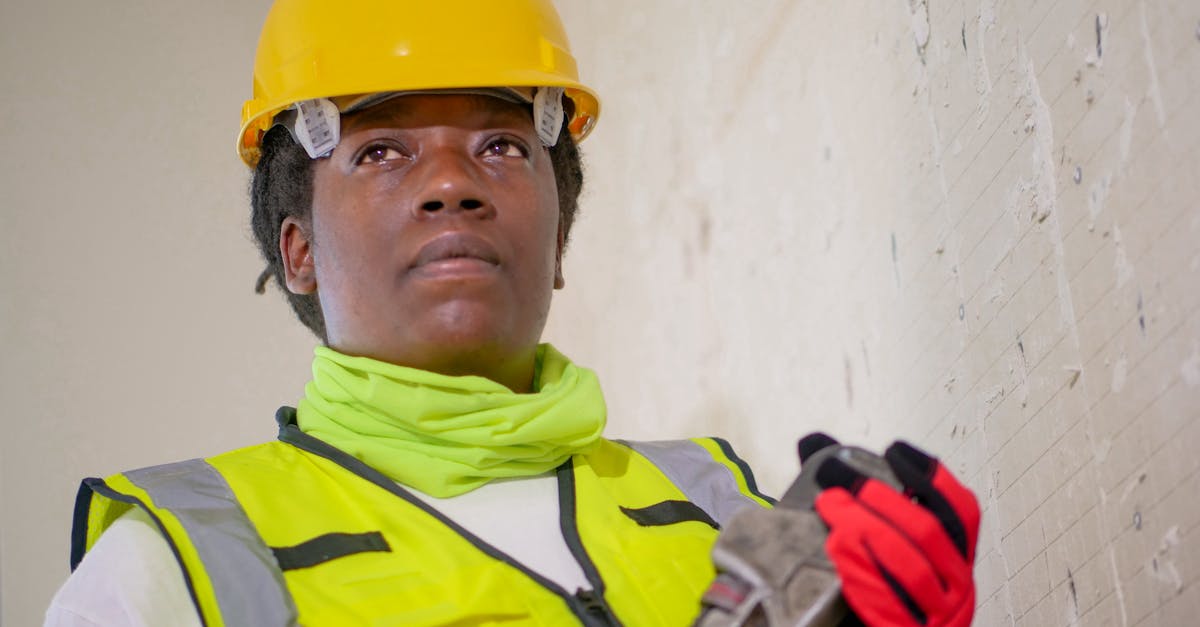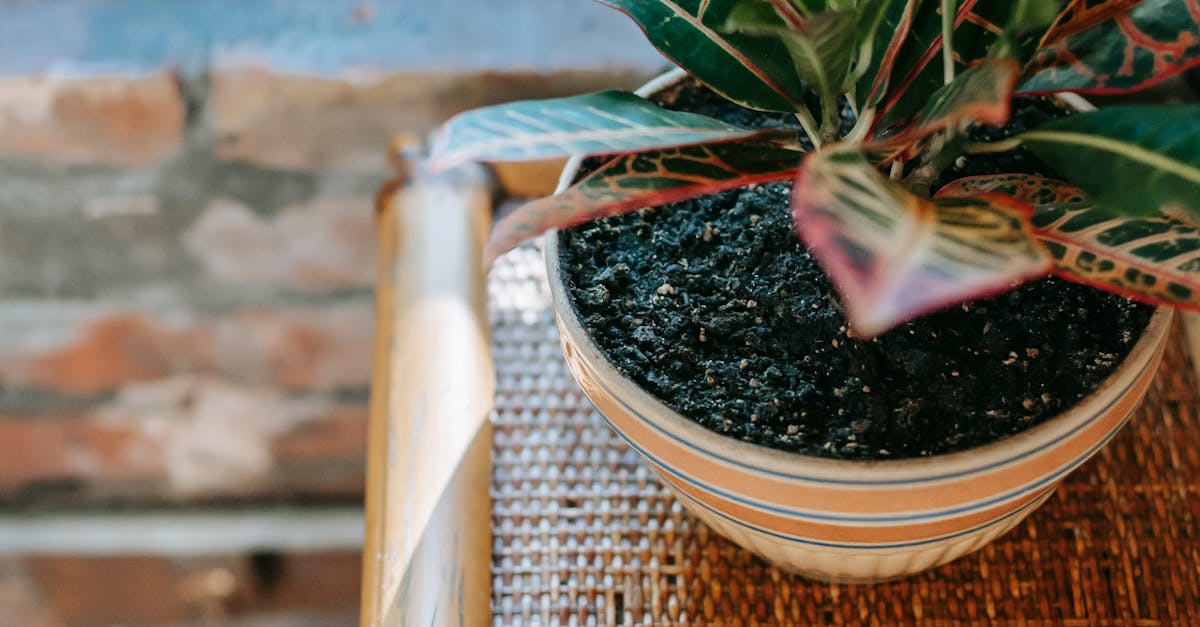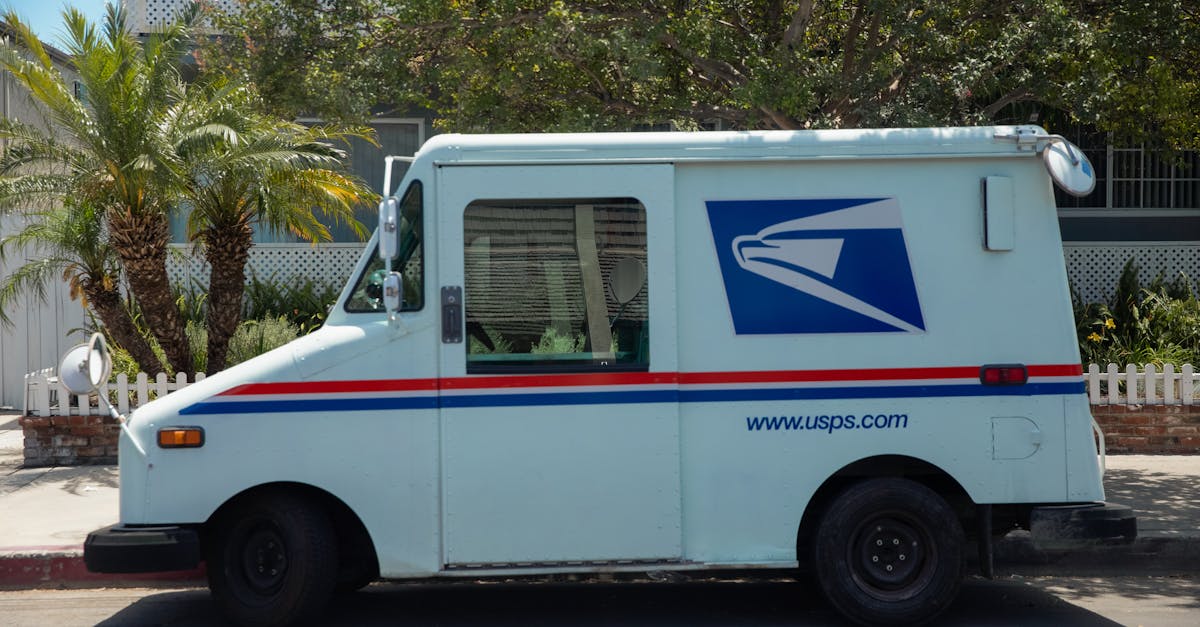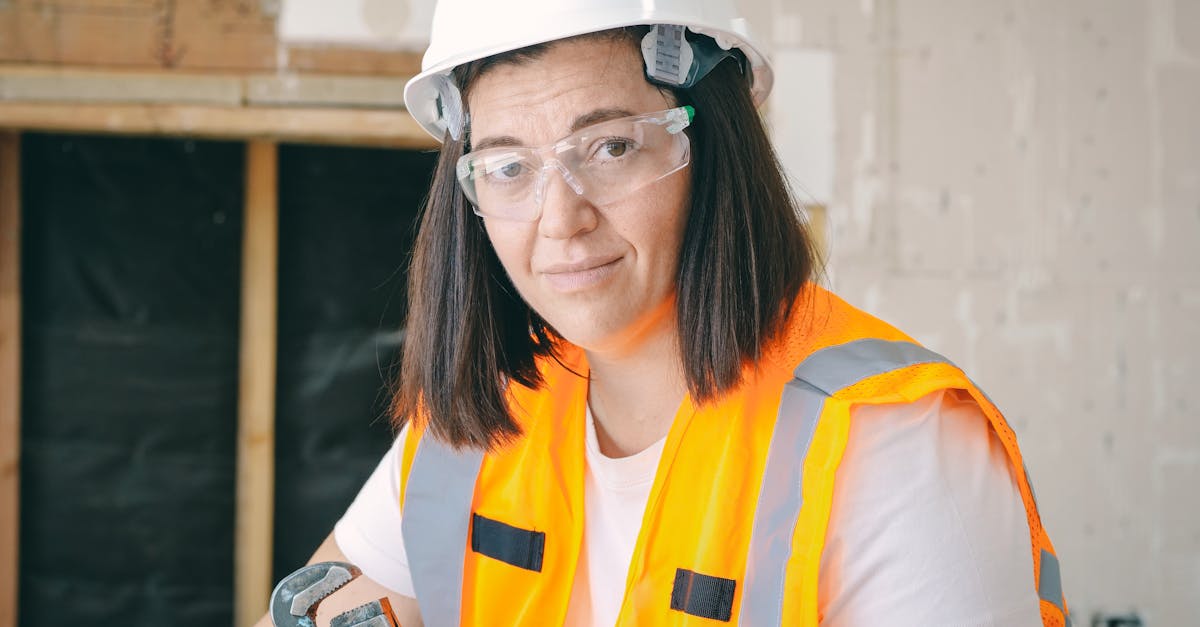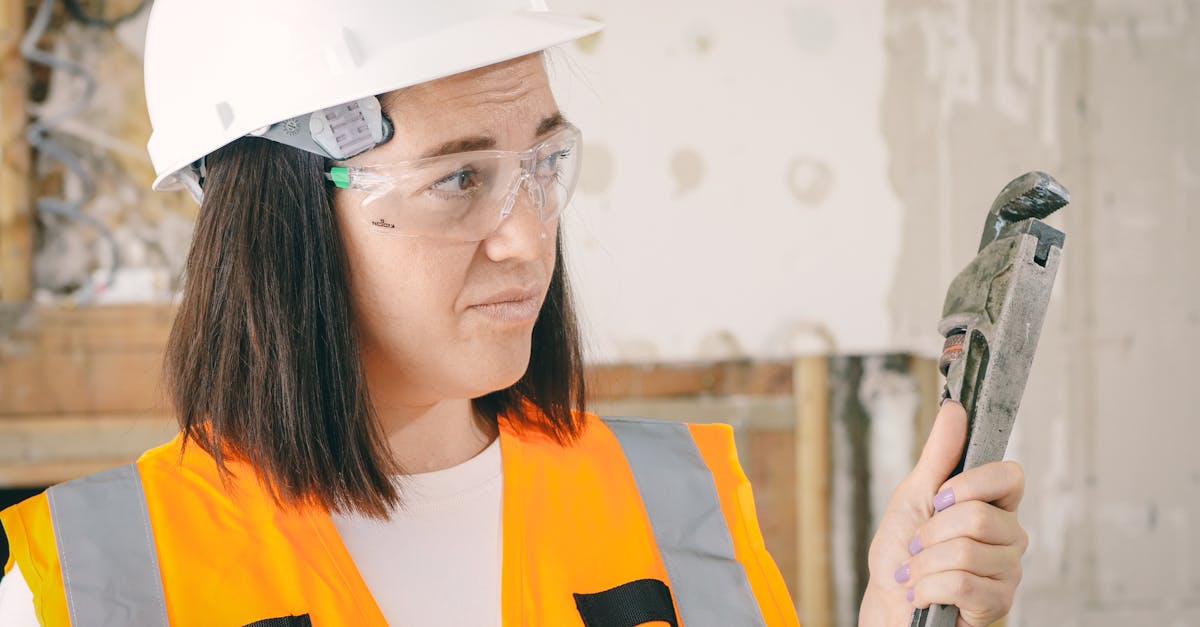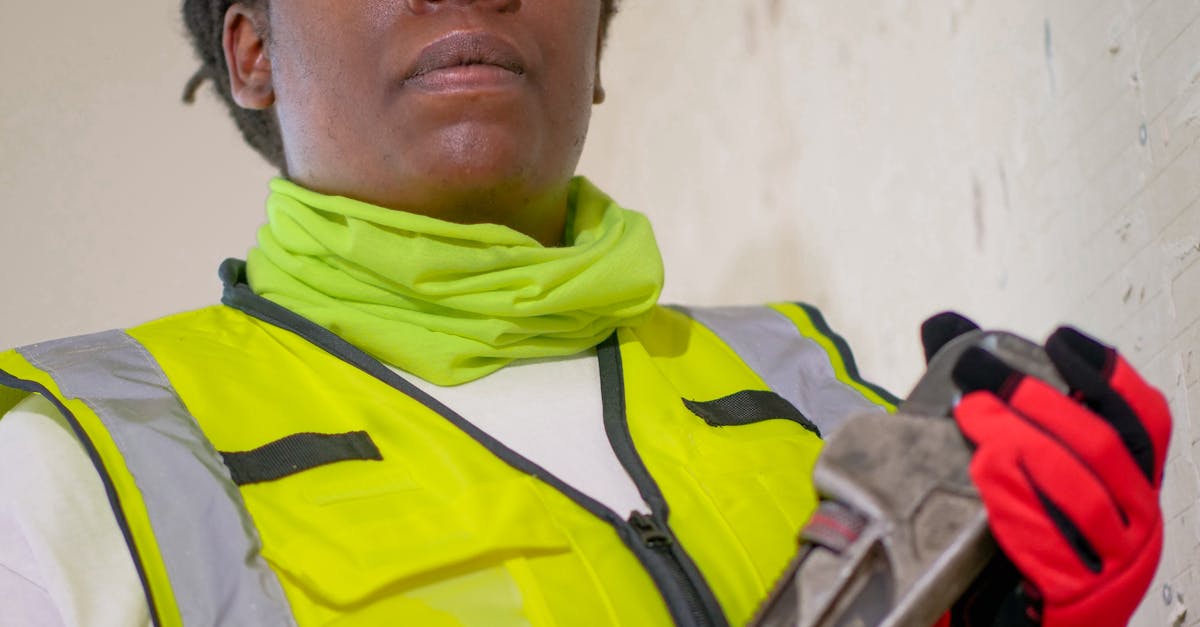
Table Of Contents
Discolouration of Water
Discolouration of water can indicate a problem with your hot water cylinder. Brown or rusty water often suggests that the internal components may be corroding or deteriorating. This not only affects the quality of your water but could also lead to further complications, such as leaks or complete failure of the unit. Regular checks can reveal whether sediment build-up or rust is affecting your hot water system, providing a clear signal of when action is needed.
Noticing discolouration in your hot water supply should prompt immediate attention. If you see a persistent change in colour or consistency, consulting a professional for water heater installation and repair may be essential. Ignoring these signs can lead to more severe issues down the line, making it crucial to address potential problems early to ensure the longevity and efficiency of your heating system.
What Brown or Rusty Water Indicates
Brown or rusty water emerging from your taps can be a clear indication of sediment buildup or rust within your hot water cylinder. When the internal components corrode, this rust can leach into the water supply, affecting not only its appearance but potentially its safety. Regular maintenance is crucial in preventing these issues. Ignoring discolouration may lead to further complications, necessitating more extensive repairs or replacement of the system entirely.
If your water heater is consistently delivering discoloured water, it is time to assess the situation. A thorough inspection may reveal whether the cause is minor or requires professional attention. Engaging a qualified plumber for water heater installation and repair can help address these issues promptly. Having an expert evaluate your hot water cylinder will ensure you have clean and safe water, while potentially extending the lifespan of your unit.
Noisy Operation
If your hot water cylinder is making unusual noises, it’s a clear signal that something may be amiss. Common sounds include banging, popping, or hissing, which can indicate sediment build-up or other internal issues. These sounds often arise as the heating element works harder to maintain the desired temperature. Ignoring these noises could signal a more serious problem that may lead to complete system failure.
Regular water heater installation and repair may be necessary if the noises persist. A technician can assess the situation, ensuring that your system functions optimally or identifying when replacement is the most feasible option. Not addressing these warning signs could ultimately lead to increased energy costs and potential water damage.
Common Sounds that Signal Trouble
Strange noises from your hot water system can indicate underlying issues that may lead to the need for a replacement. Popping, knocking, or rumbling sounds often point to sediment build-up in the tank. This accumulation can interfere with the heating elements, causing additional strain on the unit. If such sounds become frequent, it is essential to assess whether a professional inspection is necessary.
Banging noises might also signal that the water heater is struggling to function properly. In some cases, these sounds can indicate that the temperature settings are too high, leading to excessive pressure. Addressing these issues early on can save money on water heater installation and repair, ensuring that you do not face more significant problems down the line. Regular maintenance can help to identify and resolve potential sources of noise before they escalate.
Frequent Repairs and Maintenance
When a hot water cylinder requires frequent repairs, it can be a telling sign that the unit is nearing the end of its lifespan. Regular maintenance can extend the life of a water heater, but if you find yourself calling for repairs multiple times a year, it may be worth assessing the overall condition of the unit. Water heater installation and repair services can provide insights into whether ongoing issues are symptomatic of deeper problems or simply an indication that the system needs replacing.
The cost of repairs can escalate quickly, often leading to a point where continual maintenance is no longer economically viable. If a technician reports that the repairs will soon exceed the cost of a new water heater, it may be time to consider a replacement. Investing in a new unit can offer peace of mind along with enhanced efficiency, ultimately resulting in lower energy bills and better performance in the long run.
When Repairs Become Costly
As a water heater ages, the frequency of repairs often increases. Minor issues can escalate into major problems if not addressed promptly, leading to more extensive damage and higher costs. It's essential to track repair expenses over time. If you find yourself frequently calling a plumber for fixes, it may be more economical to consider a complete replacement of your hot water cylinder instead of persisting with temporary fixes.
When repair costs start to add up significantly, it's worth evaluating the overall efficiency and condition of your water heater. Water heater installation and repair can incur substantial charges, especially if the unit requires complicated service. In such scenarios, investing in a new system may save you money in the long term through improved energy efficiency and reduced maintenance demands.
FAQS
How can I tell if my hot water cylinder is leaking?
Look for water pooling around the base of the cylinder or moisture on the floor. You may also notice a decrease in water pressure or damp spots on walls or ceilings.
What are the signs that my hot water cylinder is old?
If your hot water cylinder is over 10 years old, shows signs of corrosion, or if you frequently experience issues like discoloured water or inconsistent hot water supply, it may be time to consider a replacement.
Is it normal for my hot water cylinder to make noise?
Some noise can be normal, but if you hear unusual sounds like banging, popping, or hissing, it could indicate sediment build-up or other issues that may require inspection or replacement.
How often should I have my hot water cylinder serviced?
It's recommended to have your hot water cylinder serviced at least once a year to ensure it operates efficiently and to catch any potential issues early.
What are the benefits of replacing an old hot water cylinder?
Replacing an old hot water cylinder can improve energy efficiency, reduce utility bills, increase hot water supply reliability, and enhance overall safety in your home.




